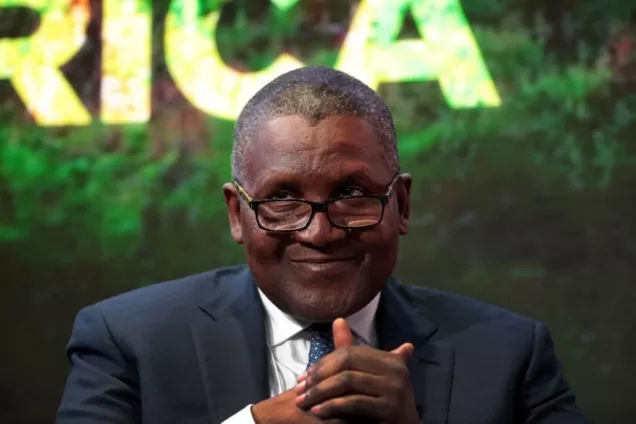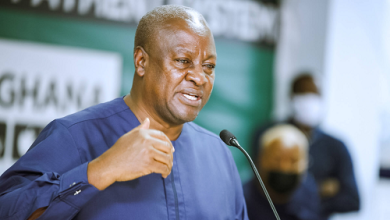Dangote Refinery Under Scrutiny Amidst Nigeria’s Fuel Crisis

- Nigeria govt investigates allegations of contaminated fuel imports
- The regulator has accused Dangote's refinery
- Dangote has invited lawmakers to inspect his refinery
Nigeria’s government has launched an investigation into allegations of contaminated fuel imports and the issuance of substandard licenses, amid a growing rift between the country’s richest man, Aliko Dangote, and the petroleum regulator.
The inquiry, led by a legislative committee, aims to address the underlying issues causing tensions within the oil sector.
The regulator has accused Dangote’s refinery of producing low-quality fuel and seeking a monopoly, while the billionaire businessman has denied these claims and accused international oil companies of sabotage.
Dangote’s $19 billion refinery, Africa’s largest, has faced challenges since its opening, including securing crude oil supplies domestically.
Despite its potential to reduce Nigeria’s reliance on imported petrol, the facility has been criticized for its slow start.
The controversy has escalated in recent weeks, with the regulator claiming that locally refined fuel is inferior to imported products. Dangote has invited lawmakers to inspect his refinery and dismissed allegations of government incentives.
Key points of the dispute:
- Contaminated fuel imports: The government is investigating the importation of substandard fuel and the role of licensing in this issue.
- Dangote refinery: The refinery has been accused of producing low-quality fuel and seeking a monopoly.
- Crude oil supply: The refinery has struggled to secure sufficient crude oil domestically.
- Political implications: The rift between Dangote and the government has raised questions about the business environment in Nigeria.
As the investigation unfolds, the outcome could have significant implications for Nigeria’s oil industry and its efforts to achieve self-sufficiency in fuel production.






